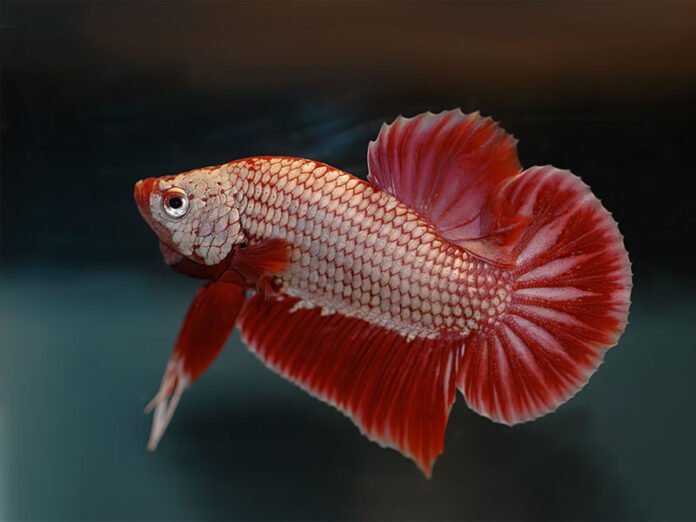It’s difficult to tell the difference between ageing and illness symptoms in Giant Bettas. People frequently confuse a sick fish with one that is becoming older. You can detect if your huge betta fish is becoming older by excluding other alternatives. Color dulling, enlargement, and clamped fins are all indicators of age. An ill betta would react to stimuli slowly. Furthermore, when housed in an aquarium with other fish, they have a tendency to eat badly.Here are several symptoms that your gigantic betta fish is becoming older. These symptoms should occur gradually over the course of three to five months. If these symptoms appear after a few weeks, they may be the consequence of an illness caused by a variety of circumstances.
Please click here to get more about our services
Taking a Lot of Naps:
Giant betta fish that are becoming older have a tendency to sleep a lot. The amount of sleep kids get is mostly determined by their age. They do, however, take more naps as they become older.
Colors that fade:
The colour of the fish’s scales fades with age, just like human hair does. Your Betta’s scales, which were previously vivid blue, may fade to a grey or brown tone, leaving only a trace of their former colour. Stress, old age, injuries, and disease can all cause your betta to lose colour. Bettas can also lose their colour with time, particularly if they carry the marble gene. If your betta is becoming black, don’t be alarmed unless they’re exhibiting other symptoms of sickness. Salmon is one of the most popular feeds for improving the colour of betta fish. However, keep in mind that you shouldn’t eat too much fish. It’s pretty rich for bettas, so only feed it to them a couple of times a week. If you want to feed your betta salmon, you may either chop it into little pieces or feed it whole. Alternatively, you may buy fish food that contains it!
Creating a Bubble Nest:
It’s all about the breeding procedure. Male bettas make their nests in the wild by clustering tiny bubbles on the water’s surface or below floating debris and leaves. The male betta will protect its nest and wait for (or locate) a female with whom to breed. Male bettas that are in good health may build big bubble nests in the hopes of attracting a female betta to mate with them. Even if they are healthy, not all bettas create enormous nests, and others may never make any bubble nests. The sex desire of big bettas declines as they become older. So, if your fish used to produce bubble nests but has slowed down or stopped entirely, it’s likely due to age.
Food that you’ve been missing:
With age, the vision of giant bettas deteriorates, which might impair the fish’s nutrition owing to difficulties identifying food. Because betta fish have limited digestive systems, toxins can accumulate in the digestive tract. Skipping meal aids in the removal of pollutants. You should still be cautious about skipping too many times. Missing one feeding a week on purpose is beneficial to your Betta, but don’t miss any more than that.
Fins with Ragged Fins:
If your betta’s fins were once gorgeous but are now curled and ragged, it’s a sign that your fish is becoming older. Over time, betta fins curl or twist. Fin rot or fin loss might affect your betta buddy if his fins become ripped and ragged. Fin nipping or catching the fragile fins on something sharp in the aquarium is the most common cause of fin loss. Fin rot is a bacterial infection that affects the fins.


